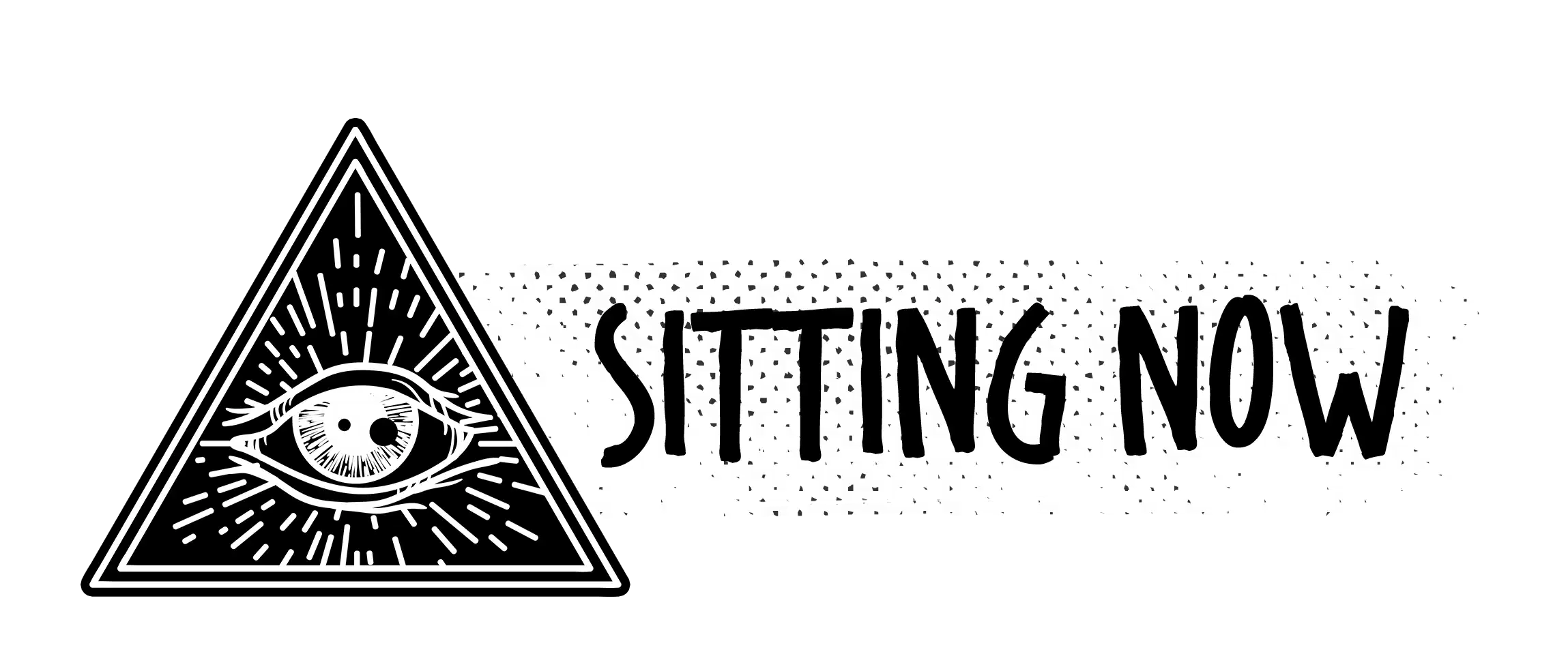The last time I reviewed a book was for A level English, and that wasn’t a review so much as a forced death march through the dreadful territory of William Shakespeare. Just so you know what you’re dealing with, I thought it prudent to mention that I can’t stand Shakespeare. Jokes and gossip from the16th Century do nothing for me now and did nothing for me back when I was 16. This is of course a very useful bit of philistinism to turn into a knife to stab me to death with (metaphorically) when the authors of The Forbidden Book read this review because I hated this book. By about the fourth or fifth chapter I was dreading picking it up.
Essentially the book revolves round an effeminate ludicrously clichéd Professor who corresponds with a beautiful Italian aristocrat on the subject of a family heirloom in the form of a book “The Magical World of the Heroes”. The book is essentially a guide to Alchemy and magical power written by a renaissance forbear, and it is handed down through the generations for study. On the advice of her Uncle (the Baron), Orsina the beautiful aristocrat begins to study the book but enlists the help of the cat owning professor who flies to Italy to help her read a book. Yes, really. In this century (apparently this decade even) a man flies from America to Italy to help a woman read a book.
Every single woman that the cat owning, tweedy professor encounters falls in love with him. The librarian, the aristocrat (and her sister), the housekeeper and two French woman at the end of the book….all of them find themselves attracted to this book reading, shy intellectual. Do I spot a bit of wish fulfillment here? Because in my experience the only world where shy, bookish types have women swooning over them left, right and centre is the Magical World of the Porn Star.
The book is written in a peculiarly timeless narrative way. Mobile phones are mentioned once or twice but the internet and smart phones and the like are never really featured. The whole thing seems to exist in a bubble in time that stretches up to the point where modern technology ruins plots. The Baron and his nieces and their aristocratic world help maintain this feeling, living in a social bubble where only the rich and terminally idle seem to co-exist.
So far I’ve failed to engage with the characters or the plot but even the language of the book is stilted. It reads like it’s been translated from Italian to English but lost something on the way. I may well be wrong about this but I am looking for an answer as to why the narration is so lackluster. A good novel should propel you through it, making you ask questions or surprising you. Everything about this book drags. There is a side plot (presumably to add depth) about right wing fanatics almost plunging Europe into civil war. But essentially this is how the authors deliver this story, devoting a paragraph here and there to a world changing events then spending more time detailing the nonsensical quest of the posh English billionaire (married to Orsina) to find a really good wine in the vineyards of Italy.
When I find words like “revengeful” and “gruffily” in supposedly proof read and published books it makes me pretty angry. Do you know why ? Because they’re not fucking words. “Gruffily” should be the village where the Gruffalo lives in Wales. But it’s not, because it’s not a word. Here is a sample of the dialogue :
“People wonder about me”, he said, trying to look for the right words to make his confession to the point “Some think I must be a closet homosexual, living alone with two cats. But when I was younger I was not like I am now. I was cocky and vain, and didn’t pay attention to people’s feelings. Girls thought I was ‘good looking’, and that was enough for them to fall into my arms.”
“Then, in graduate school, a girl became pregnant with my child. She wanted to get married, or failing that bring it up as a single mother. But I persuaded her to have an abortion, and in a weak moment she agreed. There were complications. As a result she became sterile. And that wasn’t all. She had a nervous breakdown, and began to take antidepressants. I’m still in touch with her. I’ve tried to help her, but she’s hardly a functioning human being anymore.”
Wooden and unsympathetic, much like the cast of characters. This may be an excellent source of knowledge for people studying renaissance magic and alchemy but if you’re reading a novel in the hope of an enjoyable story, convincing dialogue and an interesting plot avoid this pompous amateur mess. It leaves me asking what Graham Hancock, Mitch Horowitz and Gary Lachman (amongst others) saw in this book to garnish it with such high praise.
Kim Monaghan




Ouch, not so good.